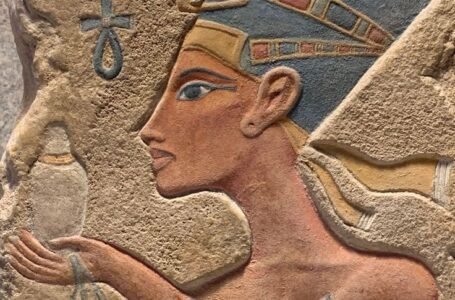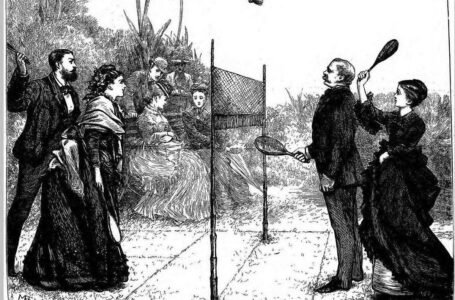Unveiling the Unsung Heroines: Women’s Role in India’s Independence Movement
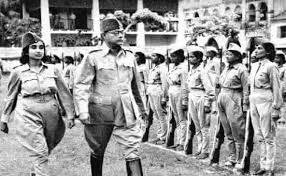
When we think of India’s independence movement, certain names immediately spring to mind: Mahatma Gandhi, Jawaharlal Nehru, and Subhas Chandra Bose. These towering figures, along with a few others, are often celebrated as the architects of India’s freedom. However, a significant part of this historical narrative remains untold – the role of women in the struggle for independence.
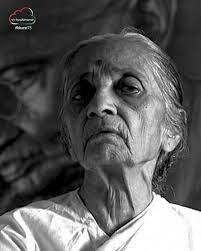
While figures like Sarojini Naidu and Kasturba Gandhi have received some recognition, there are countless other women who played pivotal roles, often in the shadows of their male counterparts. These women, from different walks of life, defied societal norms, risked their lives, and contributed immensely to India’s freedom. In this expanded exploration, we will delve deeper into the lives of these remarkable women and examine why their contributions have been overlooked in historical narratives.
The Unsung Heroines of the Independence Movement
Usha Mehta: The Voice of the Underground
One such unsung heroine is Usha Mehta, often referred to as the ‘Voice of the Underground.’ During the Quit India Movement in 1942, she played a crucial role in organising and running an underground radio station. This station broadcast news and messages of defiance against British rule, inspiring countless Indians to join the struggle.

Mehta’s courage and determination were unparalleled. Operating her radio station from a secret location, she evaded British authorities and risked arrest daily. Her broadcasts provided a much-needed morale boost to freedom fighters and kept the spirit of resistance alive. Despite her significant contributions, Usha Mehta remains relatively unknown compared to her male counterparts.
Aruna Asaf Ali: The Rani of Jhansi
Another remarkable woman who played a pivotal role in the independence movement is Aruna Asaf Ali. She is best known for hoisting the Indian National Congress flag at the historic Bombay session in 1942, defying the British ban on public gatherings. This act of defiance galvanized the nation and inspired countless Indians to join the struggle.
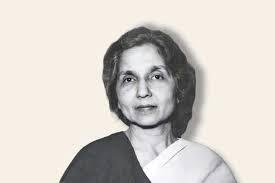
Ali’s contributions extended beyond this iconic moment. She was a prominent figure in the Indian National Congress and actively participated in various protests and demonstrations. Her fearless leadership earned her the title of ‘Rani of Jhansi,’ a nod to her indomitable spirit reminiscent of the legendary queen. Yet, despite her bravery and commitment to India’s freedom, her story is often overshadowed by male leaders.
Captain Lakshmi Sehgal: The Revolutionary Nurse
Captain Lakshmi Sehgal, often referred to simply as ‘Captain Lakshmi’, was not only a revolutionary but also a medical practitioner who served as a doctor in the Indian National Army led by Subhas Chandra Bose. Her dedication to India’s independence was unwavering; she treated wounded soldiers, raised funds for their cause, and inspired countless women to join the fight for freedom.
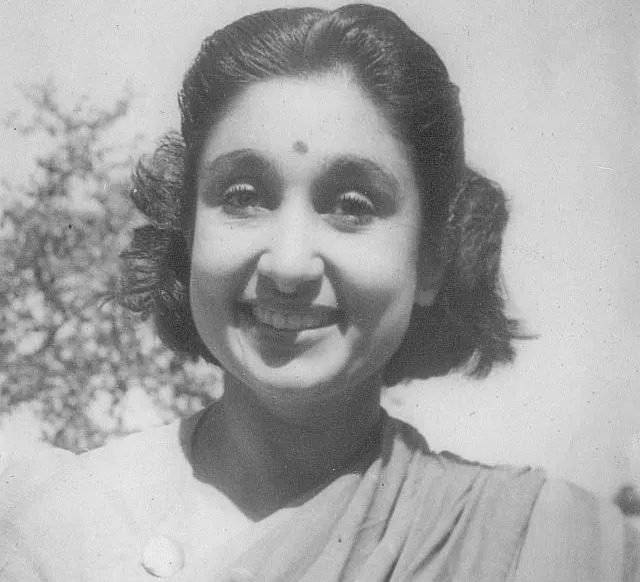
Sehgal’s contributions were multifaceted; she was both a skilled doctor and a fierce nationalist. Her leadership inspired women across the country to break free from societal constraints and participate actively in the struggle for independence. However, like many others, her legacy has faded over time, overshadowed by more prominent male figures.
Other Notable Women
While Usha Mehta, Aruna Asaf Ali, and Captain Lakshmi Sehgal are among the most recognised female figures in India’s independence movement, many others deserve acknowledgment:
- Sarojini Naidu: Known as the ‘Nightingale of India,’ she was not only a poet but also a prominent political leader who played an essential role in mobilising women for political activism.
- Kasturba Gandhi: Mahatma Gandhi’s wife was instrumental in supporting his efforts while also advocating for women’s rights.
- Begum Hazrat Mahal: A key figure during the 1857 uprising against British rule; she led forces against colonial powers in Awadh.
- Kamala Nehru: An early advocate for women’s rights and education who actively participated in protests against British rule.
These women exemplified courage and resilience while contributing significantly to India’s fight for independence.

Why Are They Forgotten?
Despite their remarkable contributions, many female freedom fighters remain largely unrecognised today. Several factors contribute to this oversight:
Historical Narratives:
Traditional historical narratives have predominantly focused on male leaders while neglecting women’s roles. Textbooks often highlight famous male figures without giving equal weight to women’s contributions. The struggle for freedom has been portrayed as a predominantly male-dominated movement, leading to a lack of acknowledgment for women’s contributions in both activism and leadership.
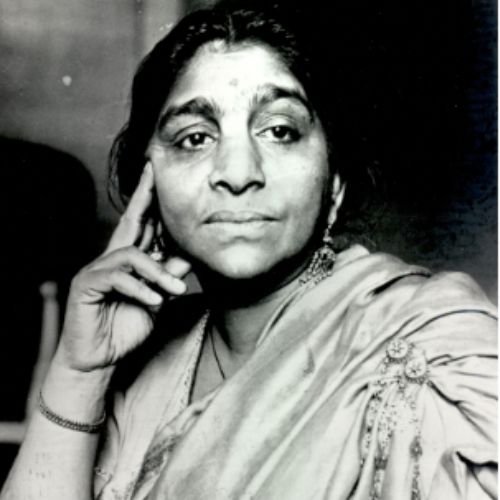
Societal Norms:
The patriarchal structure prevalent during and after India’s independence often marginalised women’s achievements. Societal norms discouraged women from stepping into leadership roles or being vocal about their contributions. Women’s roles were often confined to supporting their male counterparts, whether in the family or in political movements, limiting their visibility in the public domain.
Lack of Documentation:
Many stories of women freedom fighters were not documented or preserved adequately over time. Their contributions were often recorded through oral traditions rather than written histories. As a result, these women’s efforts remain obscured in the historical record. In the absence of comprehensive documentation, their stories failed to reach mainstream recognition.

Post-Independence Focus:
After gaining independence in 1947, national narratives shifted towards development goals and political consolidation, further sidelining women’s historical roles. With the new government’s focus on nation-building, women’s contributions were often relegated to secondary status in the face of economic and political agendas.
Cultural Representation:
In popular culture—films, literature, and media—men have been predominantly portrayed as heroes while women’s stories remain untold or misrepresented. Even today, the cinematic and literary portrayals of India’s freedom struggle largely focus on male protagonists, further cementing the marginalisation of women’s contributions.
Reviving Their Legacy
To truly understand India’s independence movement’s history, we must acknowledge women’s roles in this struggle. By highlighting these unsung heroines’ stories, we can inspire future generations to appreciate their sacrifices and carry forward their legacy.
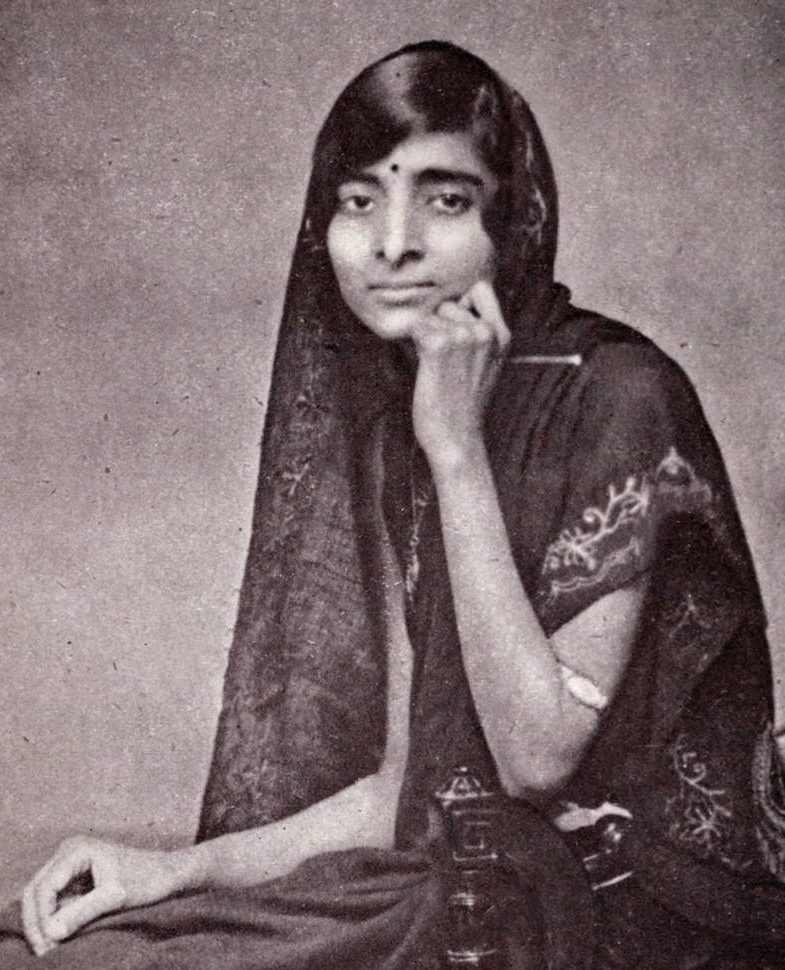
Educating the Youth:
Incorporating stories of women freedom fighters into school curricula can help raise awareness from an early age. Education is a powerful tool in shaping public perception and can be the catalyst for change in how history is remembered. By integrating the stories of these women, children can develop a more inclusive understanding of India’s struggle for independence.
Organising Exhibitions and Events:
Showcasing the lives and achievements of these women through exhibitions and events can provide visibility to their contributions. Museums, cultural centers, and even public spaces can be transformed into platforms that honour the sacrifices of these women, ensuring their legacies are not forgotten.

Supporting Research and Documentation:
Encouraging researchers to delve deeper into women’s involvement in the independence movement can help uncover hidden narratives. Many stories have been lost to time, and by investing in research, we can bring these stories to light. Archives, interviews with descendants, and analysis of untapped sources can all contribute to a more complete historical narrative.
Honouring Their Legacy:
Naming institutions, streets, and public places after women freedom fighters can serve as a constant reminder of their contributions. Statues, plaques, and memorials dedicated to women like Usha Mehta, Aruna Asaf Ali, and Captain Lakshmi Sehgal can ensure that their stories are never erased from public memory.
The Role of Modern Women in Keeping the Legacy Alive
Today, India’s women continue to break barriers and make significant contributions to various fields. By connecting the struggle for independence with ongoing social movements, we can celebrate the continuous spirit of resilience and activism that began in the fight for freedom. Women’s leadership in modern-day India, from politics to business and social activism, is a testament to the legacy of the unsung heroines who fought for equality and justice.
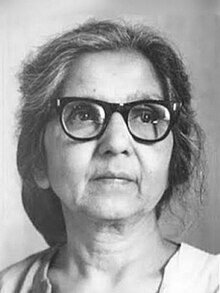
The rise of women in political roles, such as Indira Gandhi, India’s first female Prime Minister, has also contributed to the visibility of women’s contributions in India’s post-independence history. However, these modern achievements should not overshadow the historical sacrifices made by their predecessors. It is essential to see the continuity in women’s activism, from the fight for India’s freedom to their ongoing struggle for equal rights and representation.
Conclusion
The history of India’s independence movement is incomplete without recognising the invaluable contributions made by women. Figures like Usha Mehta, Aruna Asaf Ali, Captain Lakshmi Sehgal, and many others fought bravely for freedom while challenging societal norms that sought to confine them. By bringing their stories into light, we not only honor their sacrifices but also empower future generations to continue advocating for equality and justice.

In celebrating these unsung heroines, we enrich our understanding of India’s past while inspiring a more inclusive narrative that acknowledges all who contributed to our nation’s freedom—regardless of gender. Let us remember that every story matters; every voice counts!
